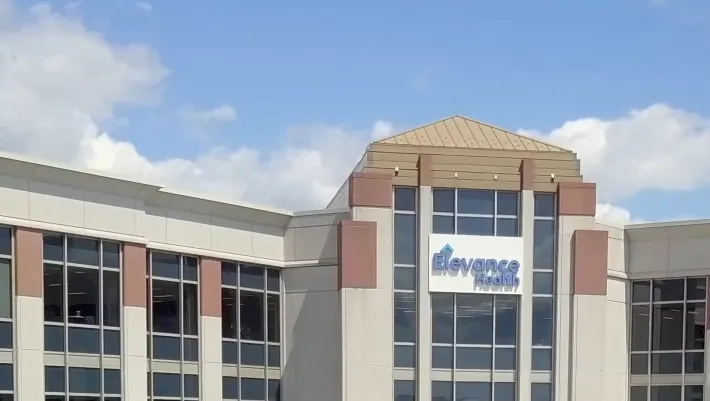Dive Brief:
An Elevance health plan is suing two Georgia providers and billing company HaloMd, accusing them of illegally gaming the arbitration system set up by the No Surprises Act to help payers and providers settle disputes over out-of-network claims.
Blue Cross Blue Shield Healthcare Plan of Georgia, which does business under Elevance’s Anthem brand, filed a complaint Tuesday in federal court against HaloMd, Hospitalist Medicine Physicians of Georgia and Sound Physicians Emergency Medicine of Georgia.
The lawsuit alleges the three companies conspired to bilk millions of dollars from BCBSGA and other plans by flooding the independent dispute resolution process with thousands of ineligible disputes. It asks a judge to retroactively nullify the providers’ IDR awards and prevent the alleged scheme moving forward.
Dive Insight:
The IDR process was set up by the No Surprises Act of 2022, which prevents consumers from being charged with unexpected and often exorbitant out-of-network medical bills.
When a provider and an insurer are at odds over payment for an out-of-network claim, both sides file what they believe a fair price would be for that medical service, and a third-party arbiter certified by the government picks between the two offers.
Since the inception of No Surprises, providers and payers lobbied aggressively to shape implementation of the law in a way that favored their industry. The resulting IDR process is viewed as a compromise, through the recourse quickly proved insufficient to managing the tidal wave of out-of-network disputes.
Payers and providers both accuse each other of not acting in good faith during IDR, with providers arguing insurers’ initial reimbursement offers for out-of-network care are insultingly low and that insurers often don’t honor payment determinations that aren’t in their favor. Meanwhile, payers say a small number of providers are cluttering the process with claims in order to profit.
HaloMd is one such company, Elevance accuses in its lawsuit. The complaint is a multipronged attack against HaloMd, a billing company that touts its IDR experience, and multispecialty physician group Sound Physicians and its affiliate Hospitalist Medicine.
The three defendants falsely attested that disputes were eligible for IDR that actually weren’t, in part because they should have fallen under Georgia’s state law protecting consumers from surprise billing, Elevance argues.
The companies also didn’t properly lump select claims together in IDR, and fired off claims without adhering to a mandated cooldown window, according to the suit.
Almost 70% of disputes in which the providers won the payment determination were “clearly ineligible for the process,” the suit says.
Meanwhile, HaloMd, Sound Physicians and Hospitalist Medicine filed massive volumes of disputes against BCBSGA simultaneously, overwhelming the insurer, and asked for vast payouts for out-of-network services that inflated their eventual IDR awards, the suit alleges.
On average, the defendants requested payouts that were 900% higher than median contracted rates for a specific service in their region, according to Elevance.
As a result, the defendants received improper payments on thousands of disputes, according to Elevance. The insurer says its bill for the excess payments and IDR fees reached $5.9 million since the beginning of 2024.
It’s unclear how successful challenging IDR determinations after the fact will prove, given the arbitration awards are binding.
Elevance’s lawsuit says there is an exception carved out for cases of fraud.
“We are holding billing companies and out-of-network providers accountable for what we believe are fraudulent and abusive practices that result in excessive healthcare costs, burden consumers, and undermine the integrity of our healthcare system,” an Elevance spokesperson said in a statement on its suit. “We believe healthcare should be transparent, fair, accessible, and affordable. That’s why we support the intent of the No Surprises Act and why we are pursuing this lawsuit.”
Sound Physicians and Hospitalist Medicine did not respond to requests for comment.


